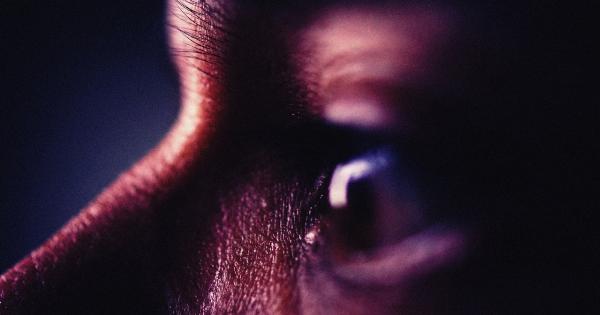Breast cancer is one of the most common forms of cancer affecting women around the world. Cancerous growths in the breast can often go undetected until it is too late, making early detection crucial for successful treatment.
In recent years, researchers have found an unlikely ally in the fight against breast cancer: pigeons.
How Pigeons Can Detect Breast Cancer
Believe it or not, pigeons have an incredible sense of smell. They are able to distinguish between different smells, including the odor of cancer cells.
Researchers have trained pigeons to detect the presence of breast cancer by recognizing the specific scent emanating from cancerous tissues.
Scientists have found that cancer cells produce a unique volatile organic compound (VOC) that pigeons can detect.
A study published in the journal PLOS ONE in 2015 showed that pigeons could be trained to detect breast cancer with an accuracy rate of 85%. The birds were able to identify cancerous tissues in a test sample with much greater accuracy than current screening methods such as mammograms and biopsies.
Pigeon Pecks as a Screening Test
Researchers are now exploring the possibility of using pigeons as a screening tool for breast cancer. The “pigeon peck” test involves training pigeons to peck at a screen when they detect the odor of cancer cells.
The birds would be placed in a small cage, and a sample of a patient’s breath or urine would be introduced into the cage. If the pigeon pecks at the screen, it would indicate the presence of cancer cells in the patient’s body.
The pigeon peck test is still in the experimental stage, and more research is needed to confirm its viability as a screening tool.
However, the initial results are promising, with several studies showing that pigeons can detect cancer cells with a high degree of accuracy.
The Benefits of Pigeon Screening
If the pigeon peck test proves to be an effective tool for early breast cancer detection, it could have several benefits over current screening methods:.
- Non-invasive: Unlike mammograms and biopsies, the pigeon peck test would not require any tissue samples to be taken from the patient.
- Low-cost: Pigeons are much cheaper to train and maintain than expensive medical equipment.
- Highly accurate: The pigeon peck test has the potential to detect breast cancer at an early stage, improving the chances of successful treatment.
The pigeon peck test could also be a useful tool for breast cancer screening in developing countries, where mammography machines and other medical equipment may not be readily available.
Conclusion
Pigeons may seem like an unlikely ally in the fight against breast cancer, but their sense of smell can be harnessed to detect cancer cells with remarkable accuracy.
The pigeon peck test is still in the early stages of development, but it has the potential to revolutionize breast cancer screening if it proves to be a viable tool. With further research and development, the humble pigeon could play a vital role in the early detection and treatment of breast cancer.
























